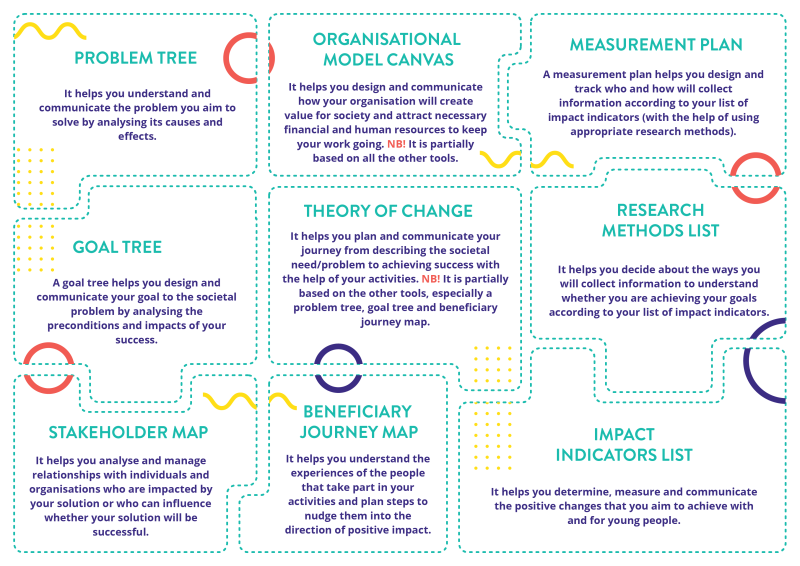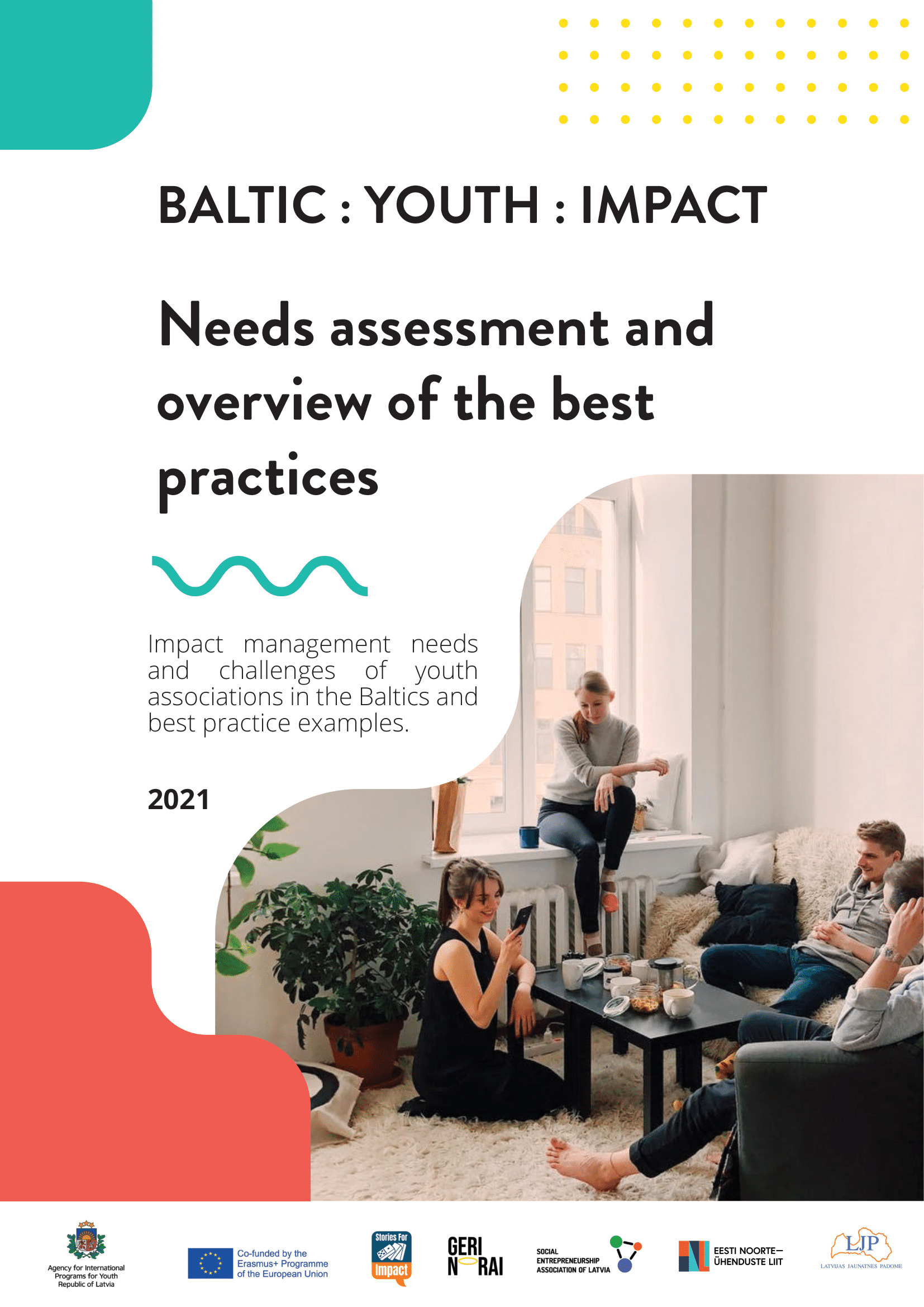You might have found yourself wondering whether, why, and how you should manage your organisation’s impact. Or, what even impact means. And having looked into it, found it to be overwhelming and maybe even given up. You are not alone. The level of skills and knowledge on the topic varies a lot and we might have a solution (or alleviation to your problems, at least).
This is why we have put together an impact measurement starter pack with our partners from all Baltic states: Estonian Youth Council, Latvian Youth Council, Social Enterprise Association Latvia, and Geri Norai (Lithuania). We now have
- an overview of youth organisations’ best practices concerning their impact,
- an impact management toolbox with nine tools,
- impact communication guidelines,
- and policy recommendations for decision-makers.
But to get on the same page, let’s talk about what we mean when we say “impact”. The impact of a youth organization or social enterprise is any effect of the organization’s activities on individuals or groups or the surrounding environment. The easiest way to think about impact is by asking such questions as “What changes do we cause?” and “What changes would not have happened had we not organized our activities?”
There are a number of organisations in the Baltics that are measuring their impact, and they’re doing an excellent job. Here are some of them to get you inspired.
You could be wondering how you can get there too and even exceed their level of impact management. Here are some tools to help you with defining your problems, goals, choosing the right things to measure and methods to do that. Each tool has explanations (written and video), examples, and a downloadable PDF.
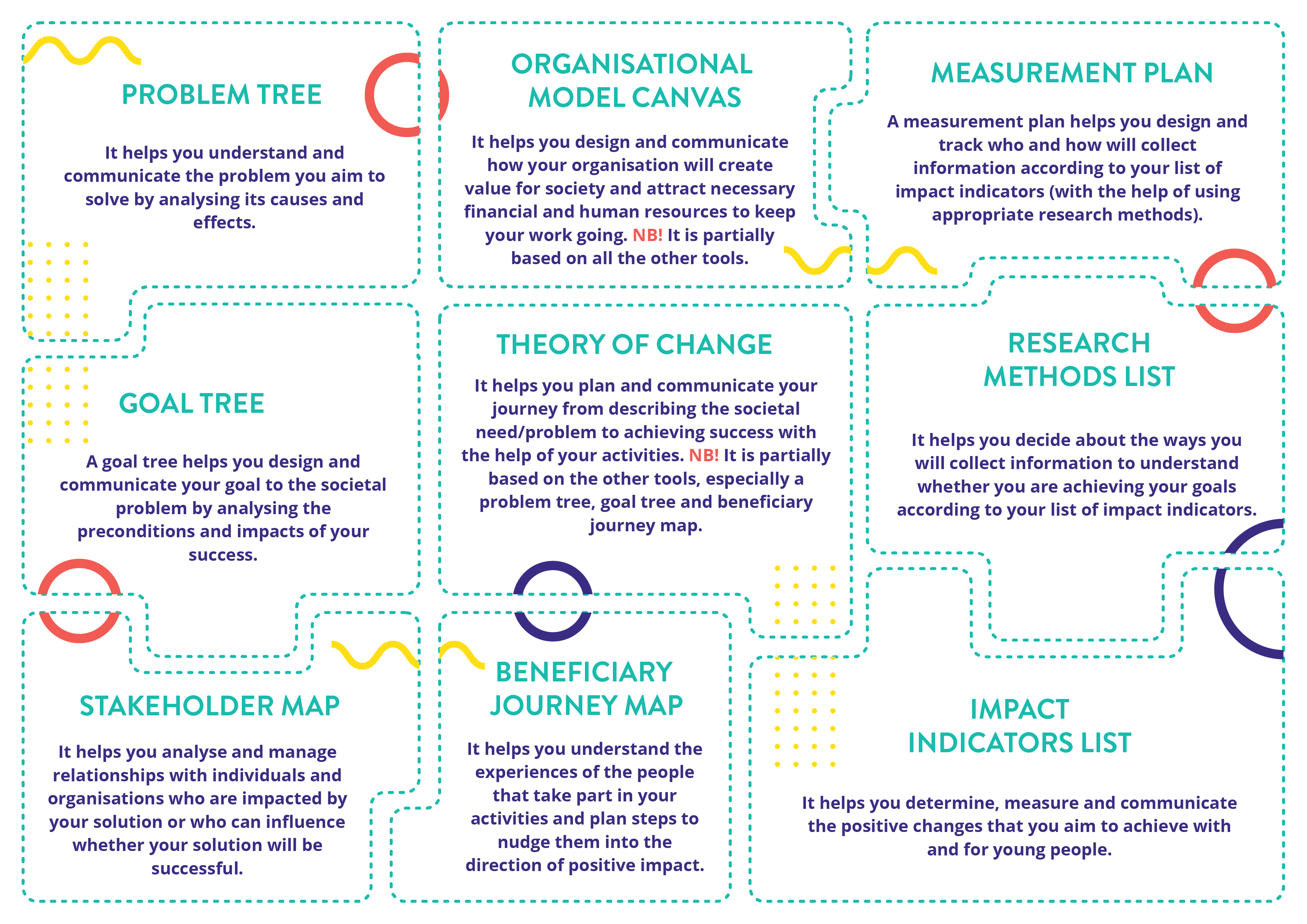
- Problem Tree
- Goal Tree
- Stakeholder Map
- Beneficiary Journey Map
- Theory of Change
- Impact Indicators List
- Research Methods List
- Measurement Plan
- Organisational Model Canvas
Okay, so now that you know how to measure and manage your impact, one might ask ‘so what?’ And that is a fair question. If you were the only one who knows about the impact of your organisation, it would be pretty useless, wouldn’t it? Well, it’s definitely a good idea to share your findings with your stakeholders (and potential or existing funders). How and why to do that, you might ask. Here’s a document which summarises everything you should know about impact communication.
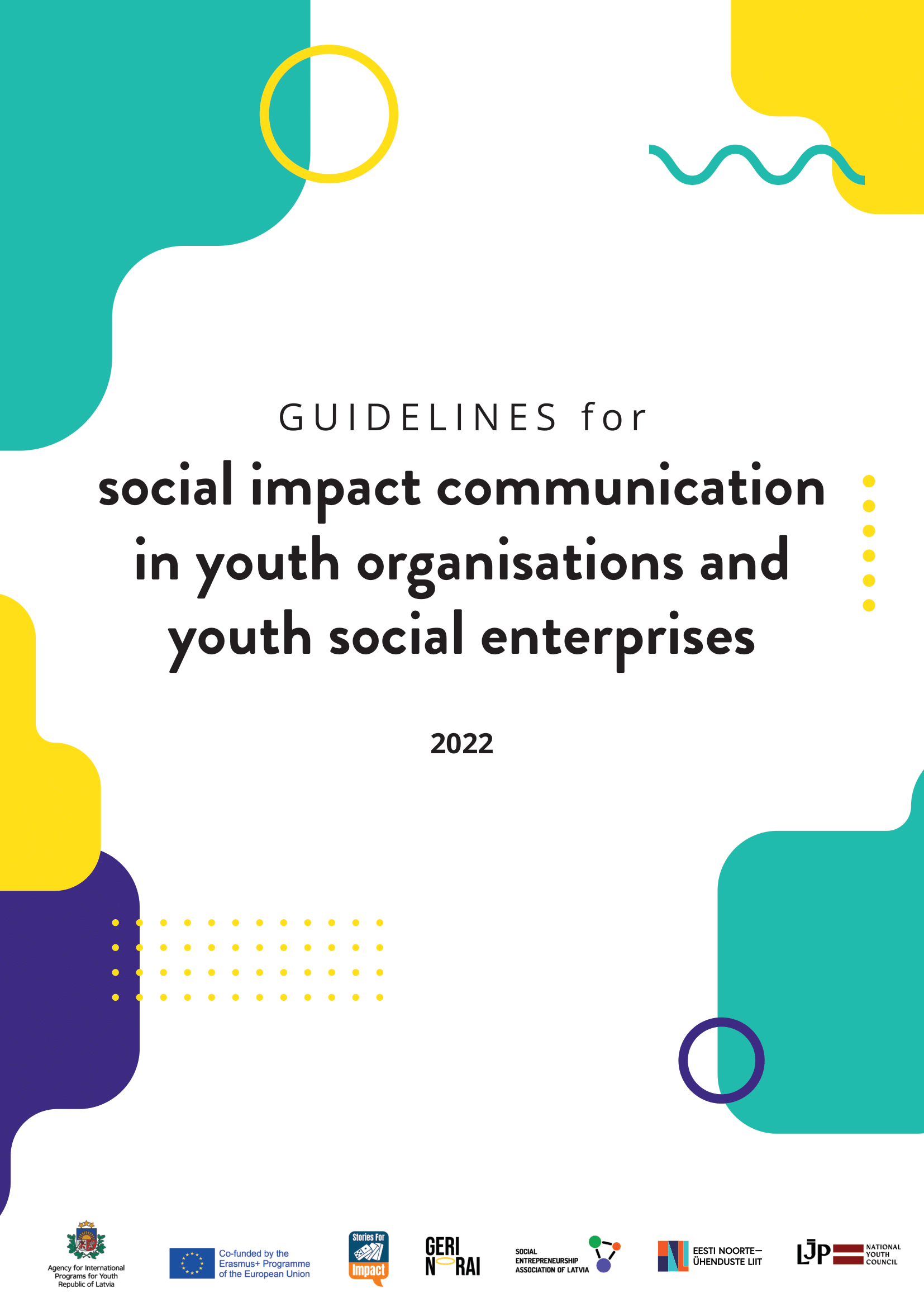
If, however, you happen to be a policy-maker, or if you work with policy-makers, then we also have something up our sleeve for you. Here’s an overview of what we learned and what we believe should be changed on state level.
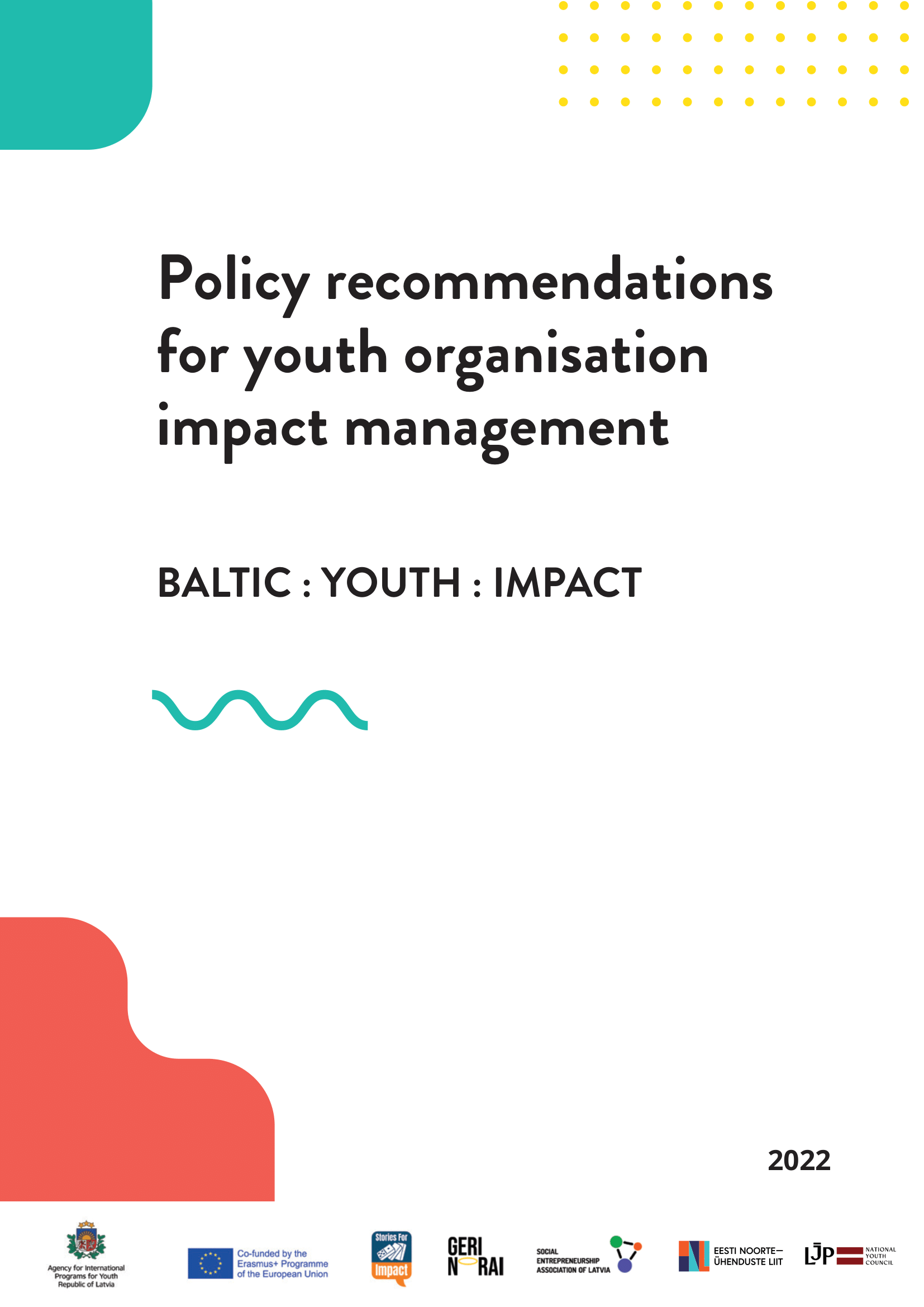
Should you still be lost when you think about impact management, have any questions or ideas for co-operation, don’t hesitate to send us an email info [at] storiesforimpact.com and we’ll get back to you in 3 business days.

